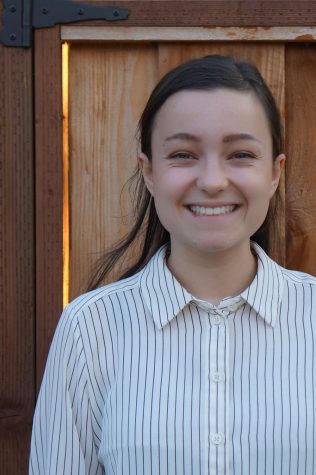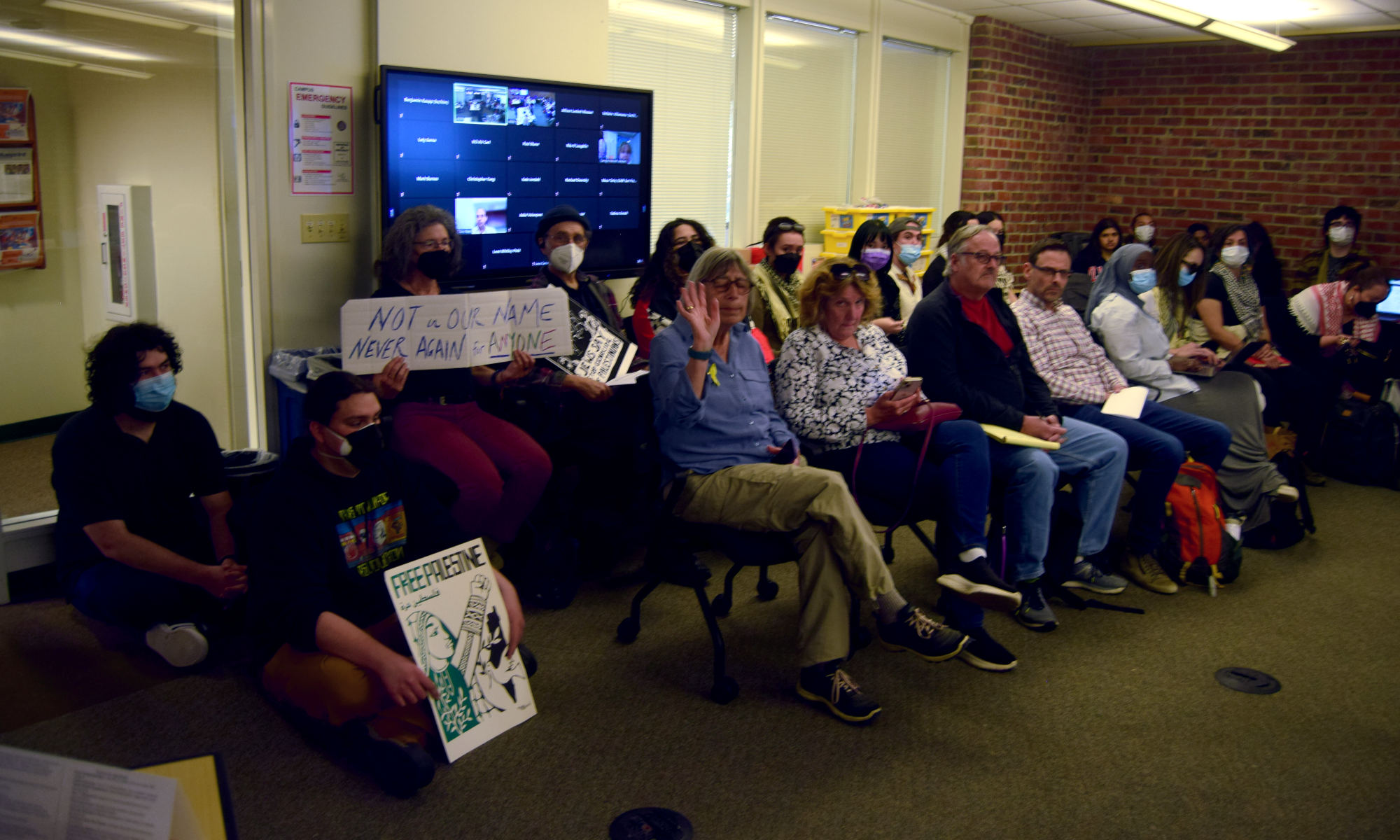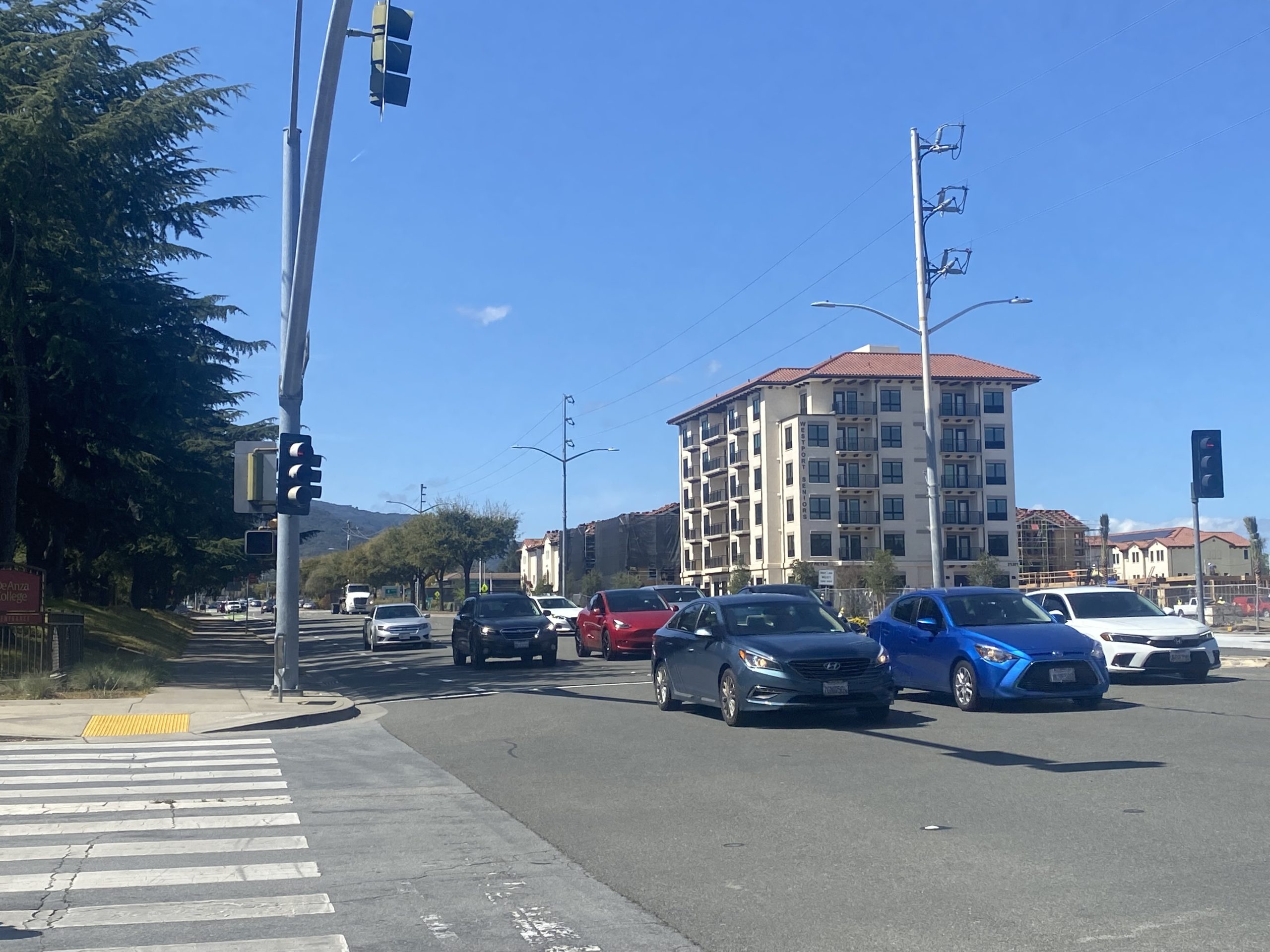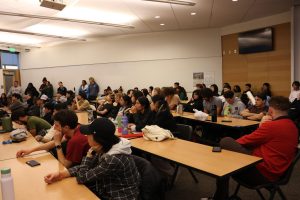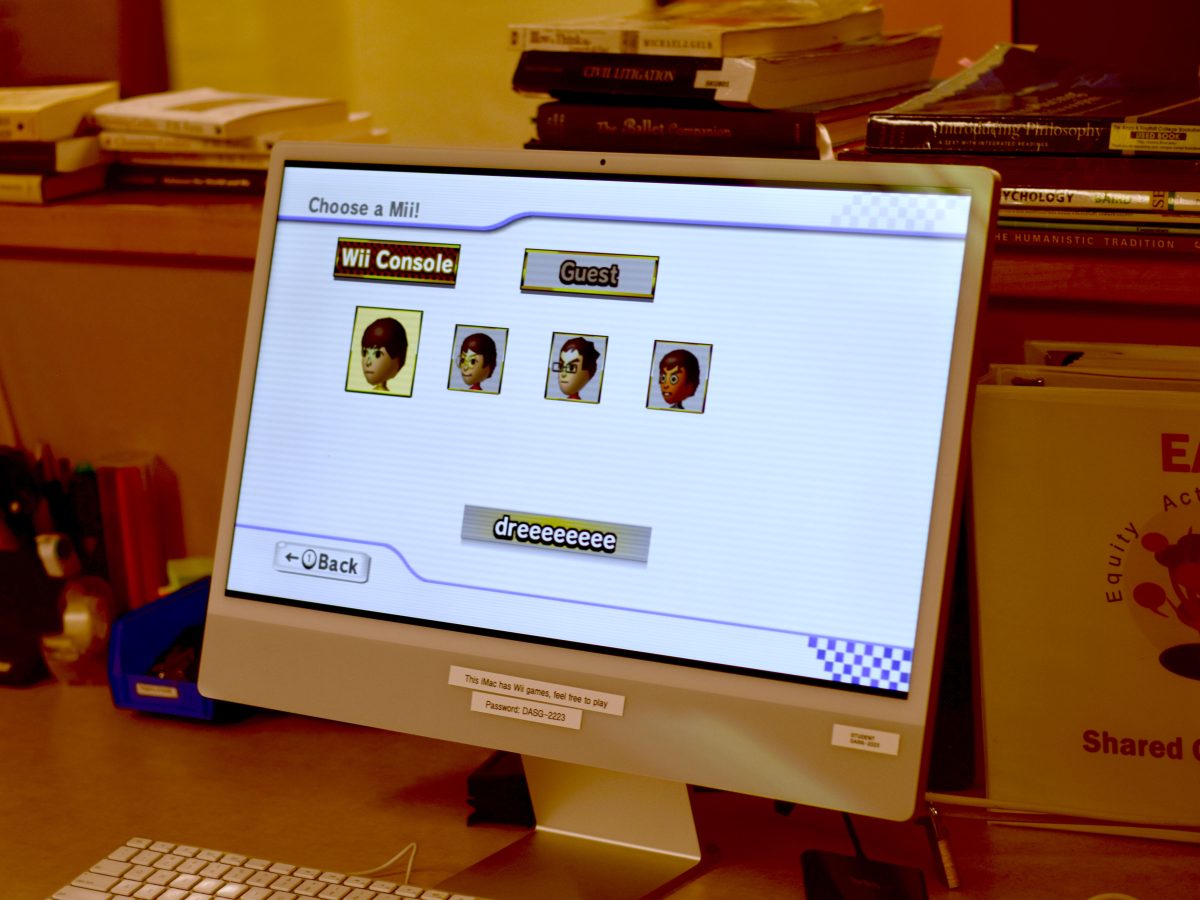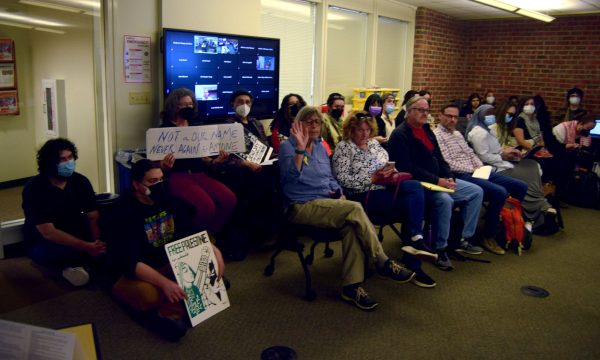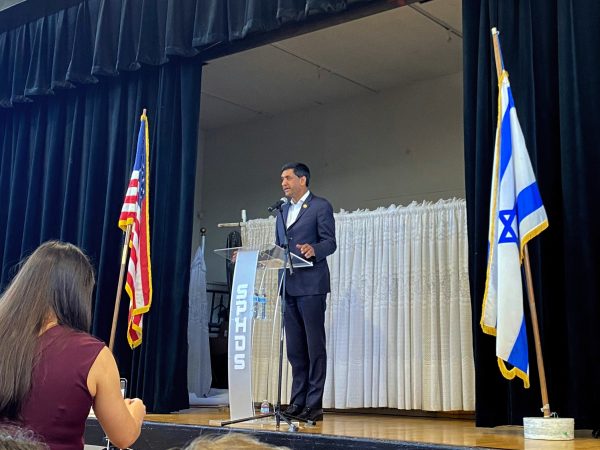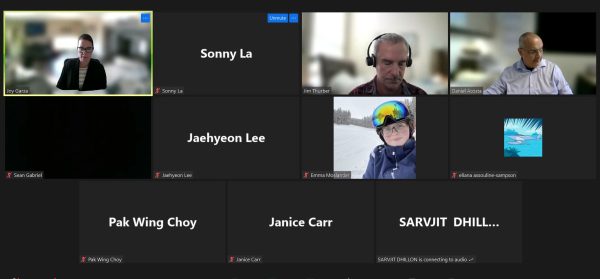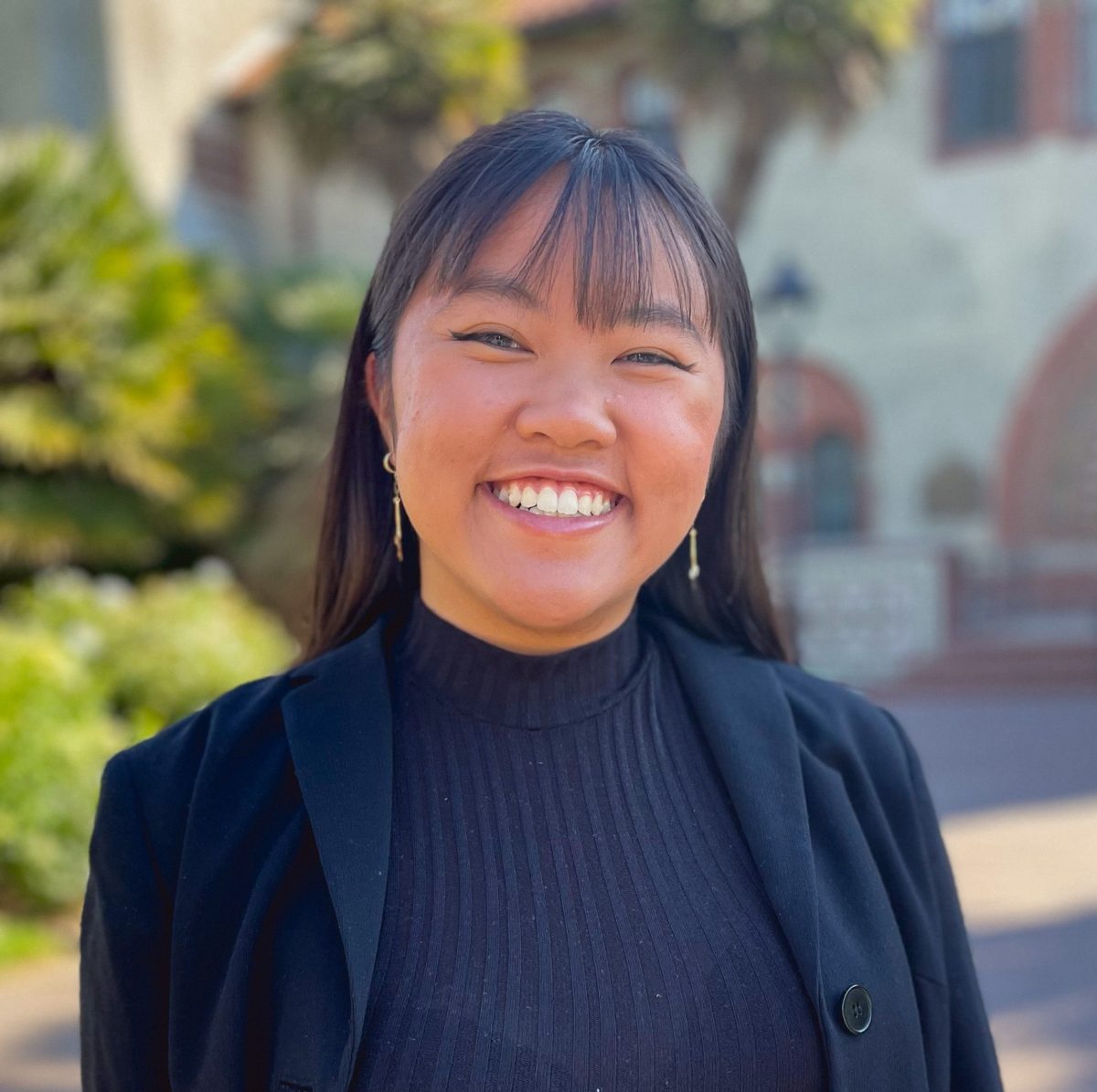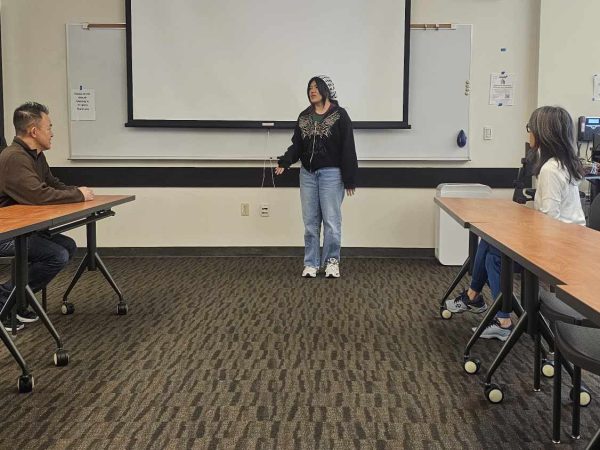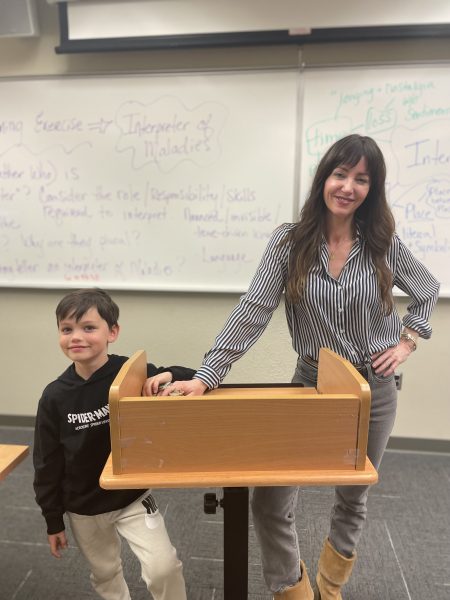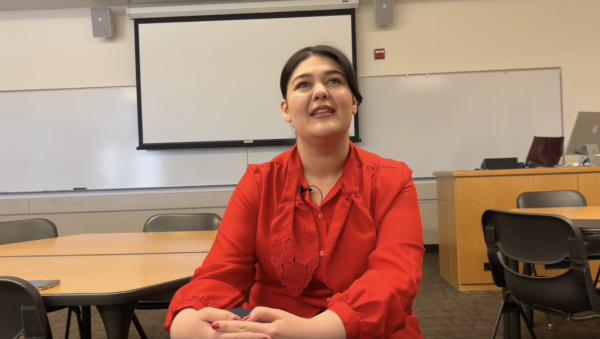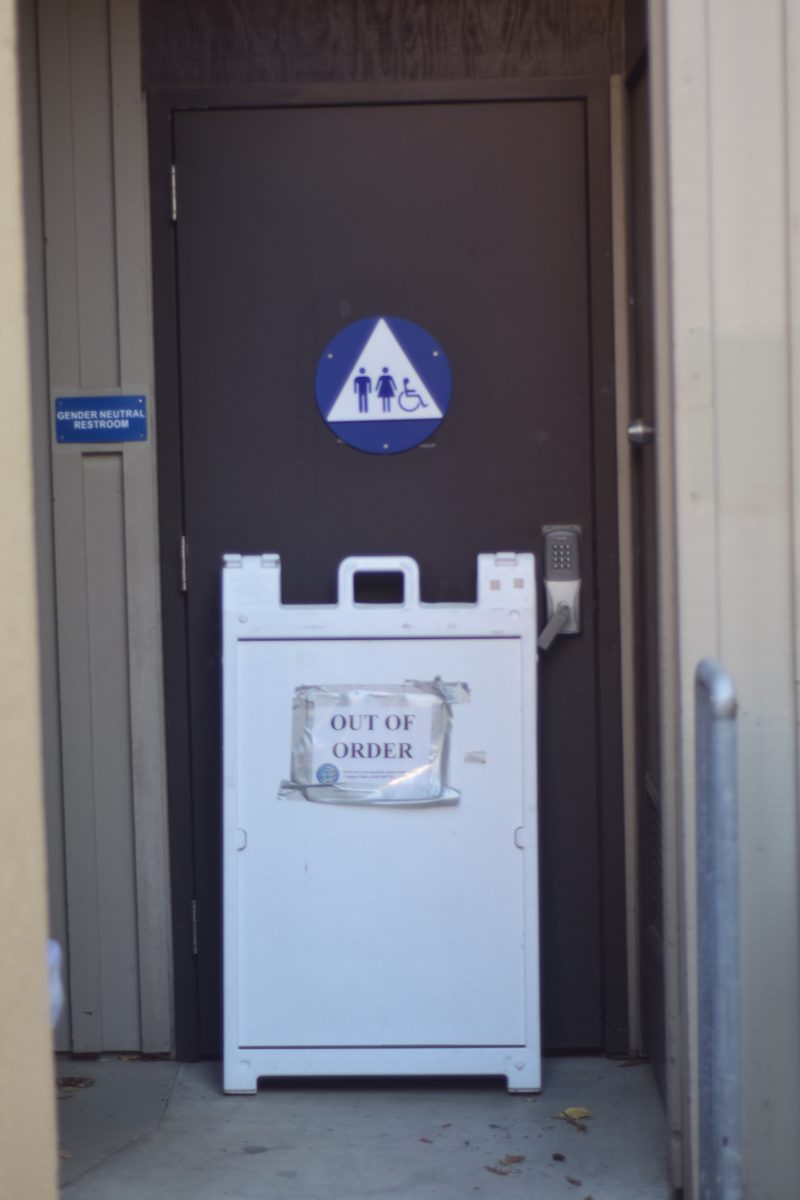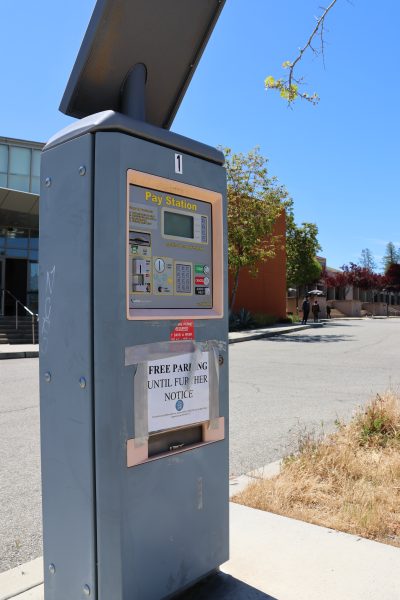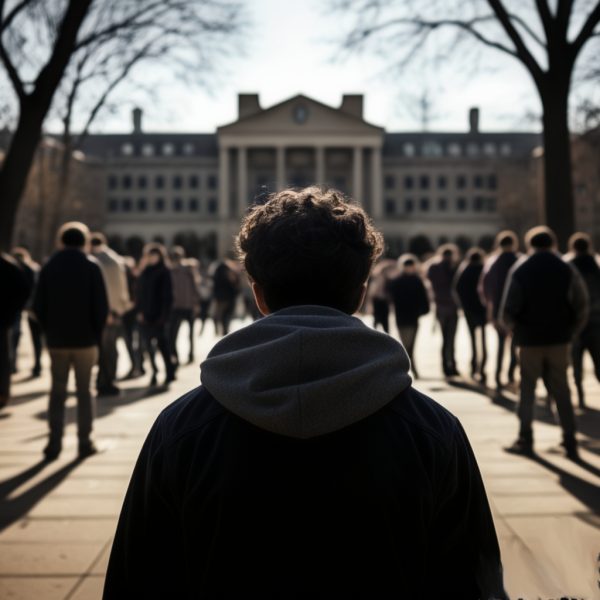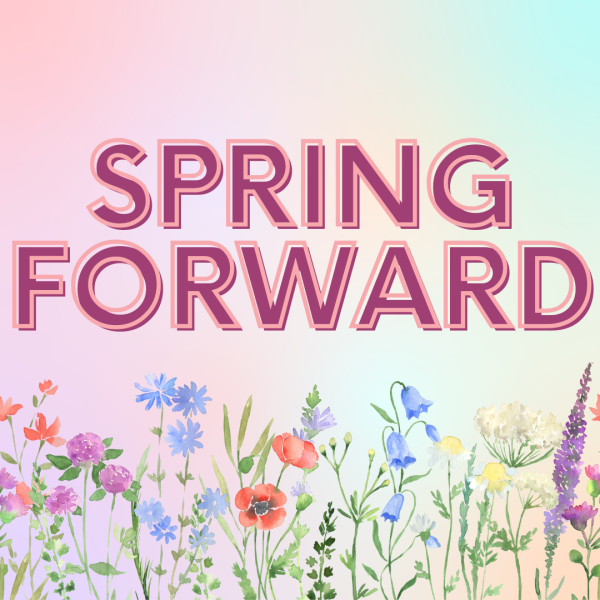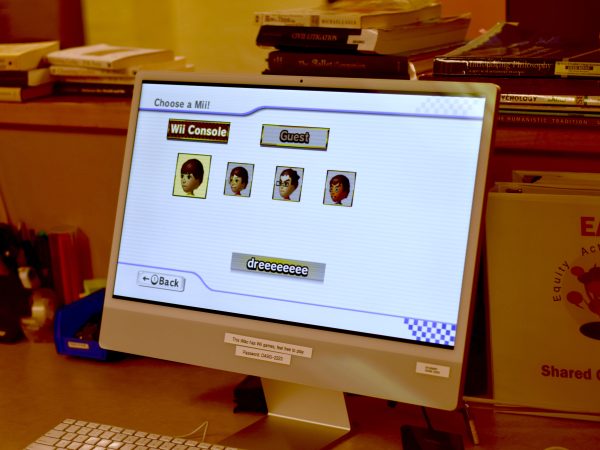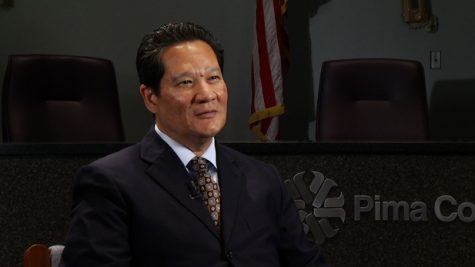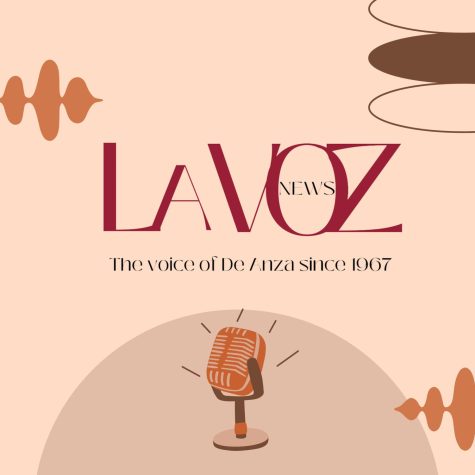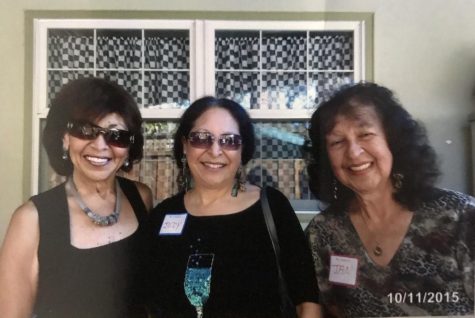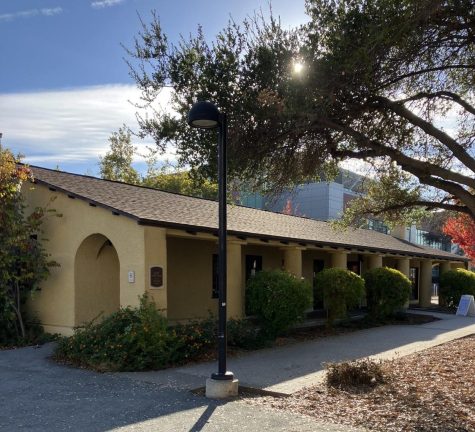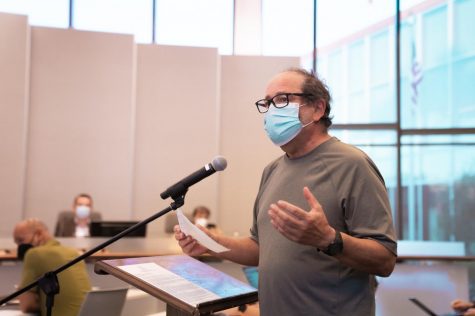De Anza Housing Resources Unknown to Students
November 11, 2019
De Anza offers housing resources, yet most homeless students don’t use them.
According to the 2018 Food, Housing and Transportation Security survey, 18% of De Anza College students have experienced housing insecurity.
To support students facing homelessness, De Anza offers safe overnight parking and references to housing resources in collaboration with two church charity organizations, Amigos de Guadalupe and the Winter Faith Collaborative.
Of the students experiencing housing insecurity, only a few have used the resources available.
“We had a handful,” Ruby Lagunes, a case manager at Amigos de Guadalupe said. “They were able to rent an apartment.”
Contact information for the overnight parking is listed on De Anza’s website under student services and food and housing resources.
Despite the large need for housing support, the resources available are mainly advertised on De Anza’s website, where students in need may not know resources are listed.
“We do have this problem that’s really prevalent, but people don’t think to go on the website,” said Shelly Michael, DASB Senate president. “That’s not what people think about when they’re in such dire situations.”
In order to utilize these services, students must be screened by the case managers of Amigos de Guadalupe. The screening takes around an hour, and students must have a working car, a valid ID, proof of car registration and insurance and be screened through a sex offender’s list. RVs are not permitted.
“It’s a whole interview process,” said Rachel Garcia, operations manager at Amigos de Guadalupe.
If students do not meet the requirements, financial aid is offered to help them gain access to things such as car insurance.
We need to bridge the gap. We have a huge demand, we have the resources, we need to get the huge amount of individuals to know.
— Shelly Michael, DASB Senate President
Once students are screened and approved, they are appointed a case manager and are able to immediately park overnight in the church parking lots through the Winter Faith Collaborative.
The charities also offer support in finding housing for students, which they usually are successful in finding, said Lagunes.
Judy Miner, chancellor of the Foothill De Anza District, said she wants students to be more aware of the resources that are available to them, so they can utilize them.
“We definitely want to make sure we increase our communication about resources and identify as many more resources as we possibly can,” Miner said.
Michael said she also believes that in order to increase student awareness of resources available to students, communication between students and administration needs to increase.
“We need to bridge the gap,” she said. “We have a huge demand, we have the resources, we need to get the huge amount of individuals to know.”
To increase student knowledge about the resources available, Michael, along with the other members of the DASB Senate, are creating a comprehensive resource poster that they want to be available in all of the classrooms at De Anza.
The poster will list resources that include overnight parking, as well as food insecurity resources and safety resources. It is expected to be completed by the winter quarter.
“I don’t think it will be as difficult to get the students to the resources once they know about them,” Michael said. “If you don’t know about it, how are you going to be utilizing it?”
The DASB Senate will also be looking into other solutions for homeless students, which will be funded by them, rather than by administration.
“We want to make it as accessible to students as possible,” Michael said. “Our main goal is to serve as many students as possible.”



